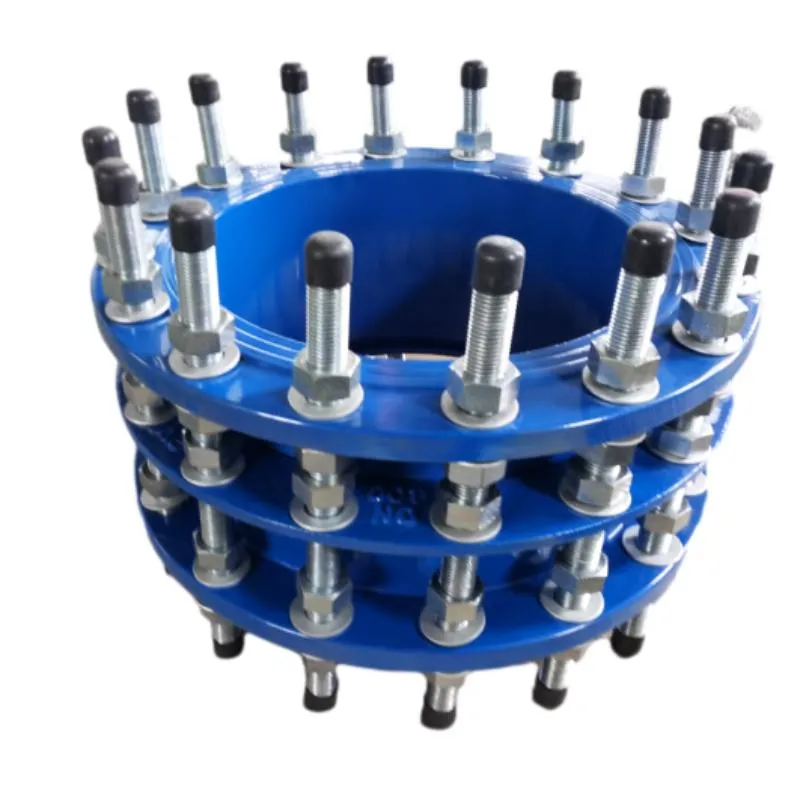industrial pallets
The Importance of Industrial Pallets in Modern Supply Chain Management
In the fast-paced world of logistics and supply chain management, industrial pallets serve as a foundational element that facilitates the efficient movement of goods. These ubiquitous structures, often constructed from wood, plastic, or metal, allow for the safe and effective stacking, storage, and transportation of products. With the rapid growth of e-commerce and the increasing complexity of global supply chains, the role of industrial pallets has become more crucial than ever.
First and foremost, industrial pallets are designed to bear heavy loads while maintaining structural integrity. The standard pallet size, typically measuring 48 inches by 40 inches, is optimal for most shipping and warehousing needs. This universal sizing allows for easy stacking and storage in warehouses, maximizing the utilization of available space. Additionally, pallets are engineered to accommodate various weights, ensuring that goods ranging from delicate electronics to heavy machinery can be transported safely.
Another essential feature of industrial pallets is their ability to streamline loading and unloading processes. Forklifts and pallet jacks are designed specifically to work with these platforms, allowing warehouse employees to quickly move large quantities of products. This efficiency not only reduces labor costs but also minimizes the risk of injury associated with manual handling. In an industry where time is money, the speed and ease of palletized transport can significantly impact productivity and profitability.
Moreover, industrial pallets support effective inventory management practices. By enabling the clear organization of goods, pallets make it easier to track items within a warehouse. Different types of pallets can be used to signify various product categories, aiding in efficient storage solutions. For example, colored pallets or those marked with specific labels can indicate the type of goods they carry, helping staff quickly locate items and manage stocks without unnecessary delay.
industrial pallets

Sustainability is a growing concern in the logistics sector, and industrial pallets can contribute positively to green initiatives. Many companies are now opting for recyclable materials or repurposed wood to manufacture pallets, reducing the environmental impact associated with their production. Additionally, reusable pallets can be repaired and cycled back into the supply chain, minimizing waste and promoting a circular economy. Using durable plastic pallets can further enhance sustainability efforts, as they can withstand numerous trips without degradation, unlike traditional wood pallets that may need replacement more frequently.
On the flip side, while industrial pallets bring numerous advantages, they also pose certain challenges that businesses must navigate. The risk of pallet damage can lead to product loss and inefficiencies in the supply chain. Therefore, regular inspections and maintenance are essential to ensure that pallets remain in good condition. Furthermore, businesses must also keep abreast of regulations related to pallet handling and transportation, particularly when shipping across international borders, where specific standards may apply.
In recent years, advancements in technology have seen the integration of pallets with tracking systems, adding another layer of efficiency to supply chain operations. RFID tags, for instance, can be attached to pallets, providing real-time data on their location and status. Such innovations enable businesses to optimize their logistics, reduce losses, and improve service levels by ensuring that products are delivered on time.
In conclusion, industrial pallets are indispensable to contemporary supply chain management, providing durability, efficiency, and ease of handling. As the logistics landscape continues to evolve, the role of pallets will only grow, adapting to meet new challenges and advancements in technology. Companies that leverage the full potential of industrial pallets will undoubtedly enhance their operational efficiency, sustainability efforts, and ultimately, their bottom line. Embracing this critical component of logistics is not just an operational decision; it is a strategic imperative for businesses aiming to thrive in today's competitive marketplace.
-
The Smarter Choice for Pedestrian AreasNewsJun.30,2025
-
The Gold Standard in Round Drain CoversNewsJun.30,2025
-
The Gold Standard in Manhole Cover SystemsNewsJun.30,2025
-
Superior Drainage Solutions with Premium Gully GratesNewsJun.30,2025
-
Superior Drainage Solutions for Global InfrastructureNewsJun.30,2025
-
Square Manhole Solutions for Modern InfrastructureNewsJun.30,2025
-
Premium Manhole Covers for Modern InfrastructureNewsJun.30,2025
